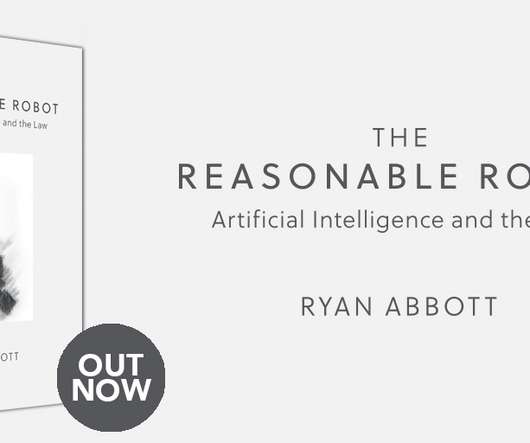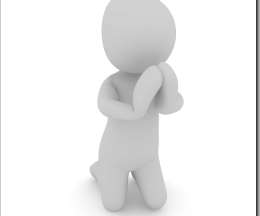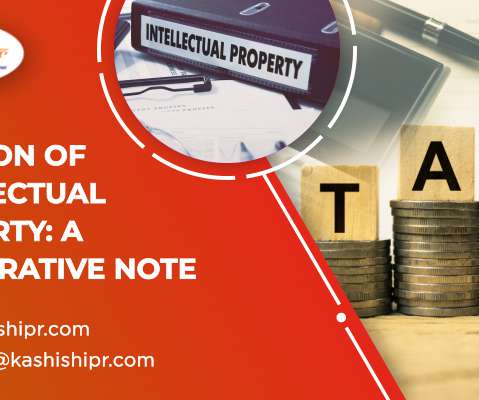US Supreme Court decision in Amgen v Sanofi: The European Perspective
The IPKat
MAY 31, 2023
The US Supreme Court recently ruled in the high profile Amgen versus Sanofi patent dispute. 2021 ), the Supreme Court found Amgen's function and epitope defined PCSK9 antibody patents to lack enablement ( Amgen Inc v Sanofi, No. The US Supreme Court was keen to stress that its reasoning did not alter the law on enablement.



















Let's personalize your content